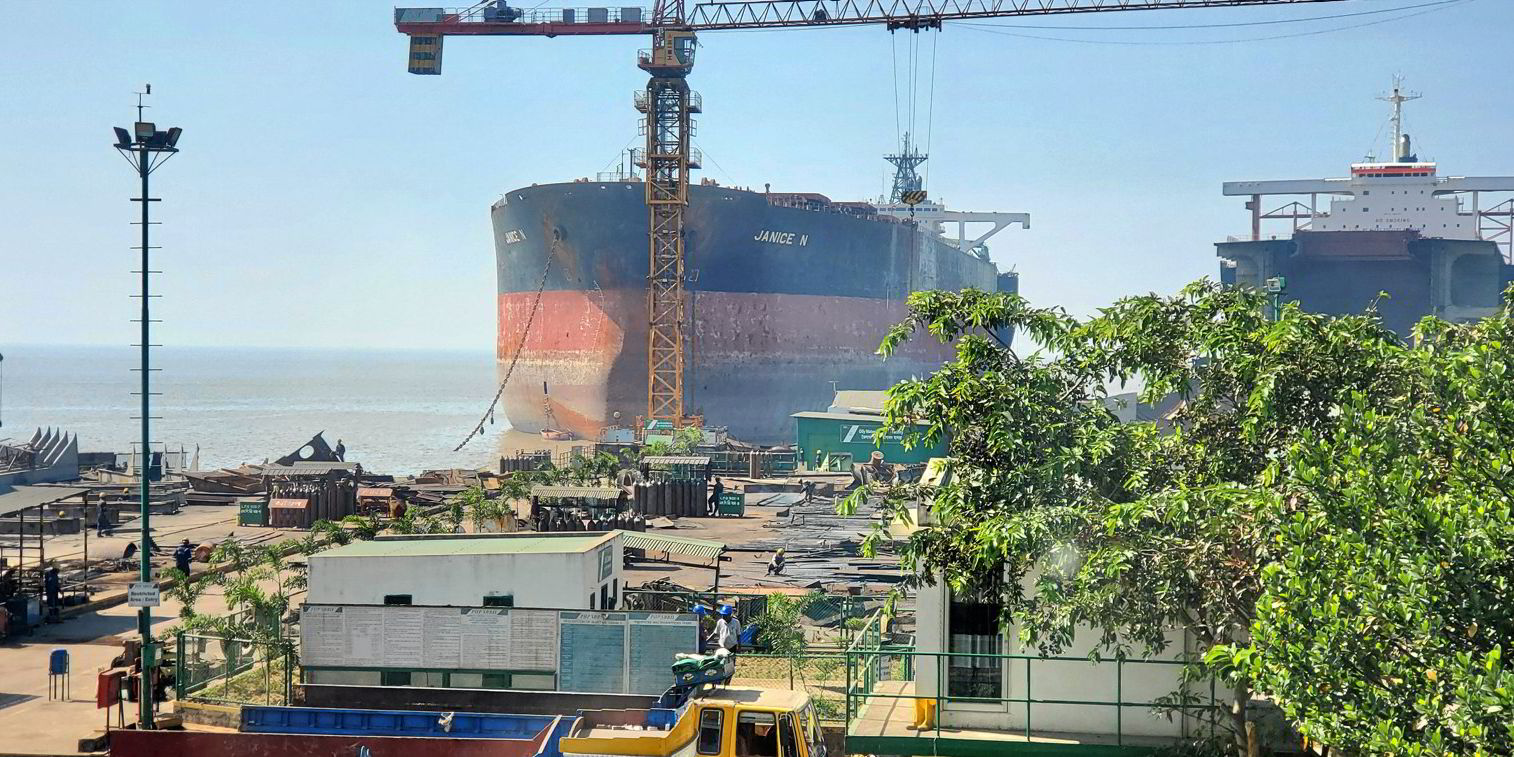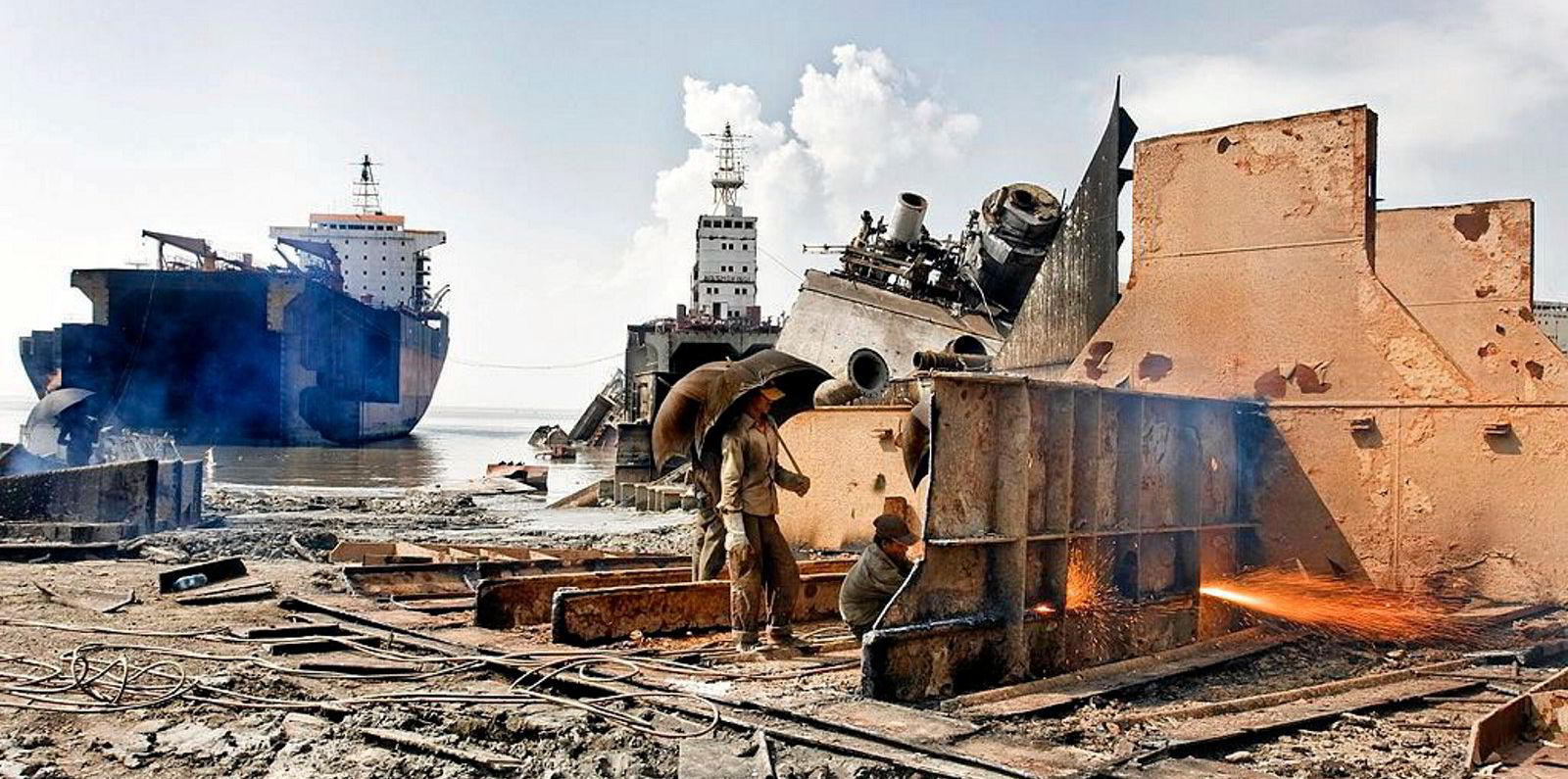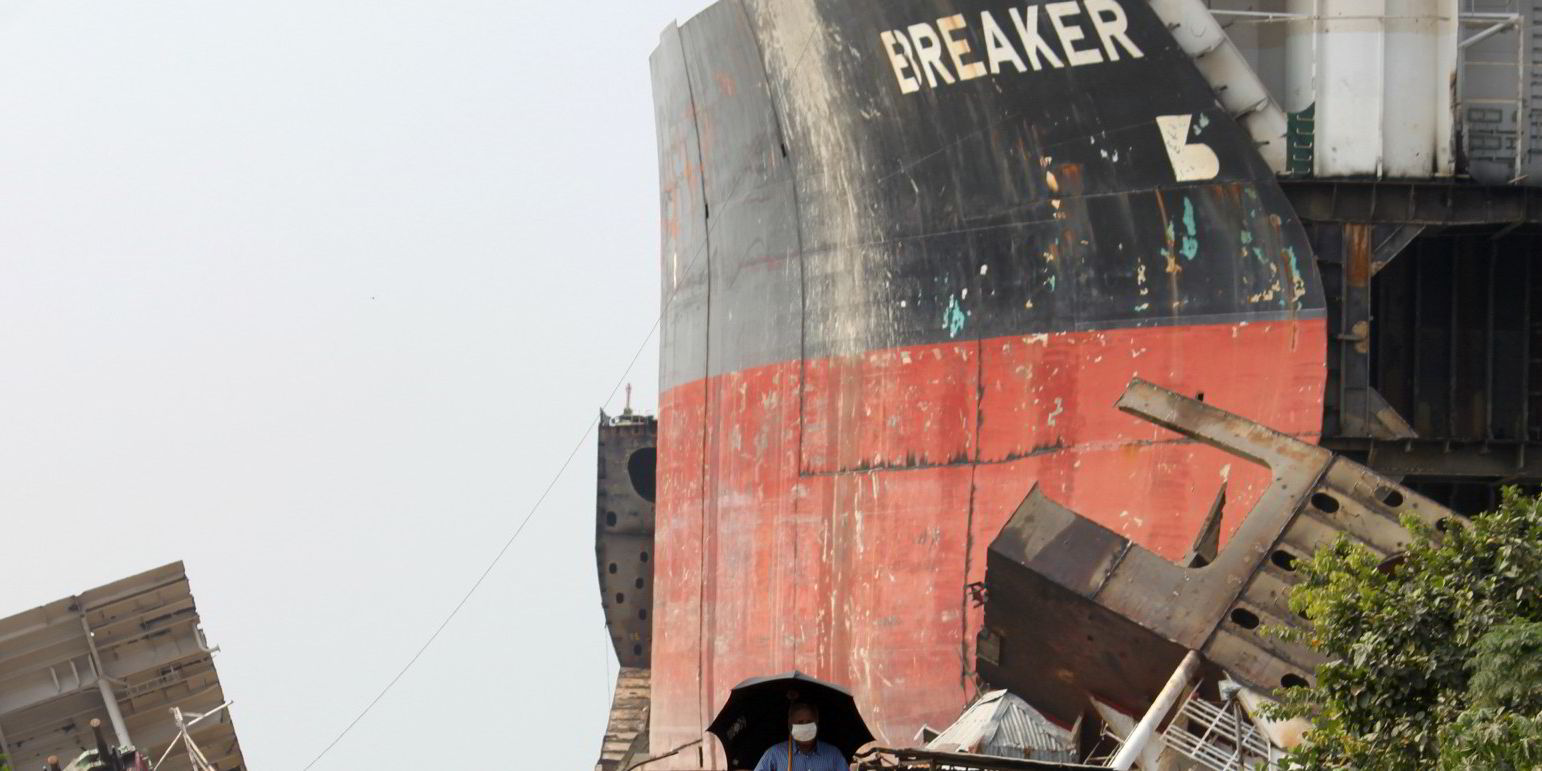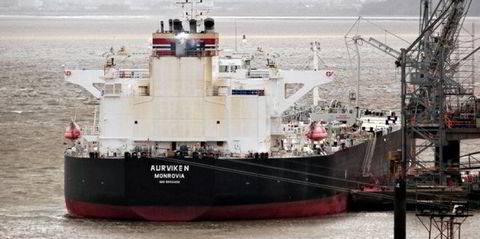Ship recyclers in Bangladesh say it is now almost impossible to buy tonnage after the country’s central bank further reduced on Friday the value of letters of credit that can be issued for foreign currency purchases to $3m.
This follows a move by the Bangladesh Bank earlier in July that required central approval for letters of credit over $5m and the suspension of letters of credit over $25m except in exceptional circumstances.
Mohammed Zahirul Islam, managing director of Chattogram-based PHP Shipbreaking & Recycling Industries, told TradeWinds that not only do recyclers face severe challenges from the restriction on letters of credit, they have also been badly hit by a 20% drop in the value of the Bangladeshi taka, which in the early part of this year remained relatively stable at around BTD 86 to the dollar, but has been in a steep decline since May, reaching a low of BTD 95 to the dollar on Thursday.
Singapore-based Star Asia Shipbrokers said in its latest market report published this week that letters of credit issues in Bangladesh have gone from bad to worse.
“Lately, some larger ships sold to cash buyers, yet to be delivered, are facing difficulties in obtaining letters of credit, and their future remains uncertain,” the brokerage said.
PHP’s Zahirul concurs.
“This is a big issue because the vessels we are buying range between $8m and $20m. We have been hearing that it is taking between two to three weeks for the approval requests to be processed, and there is no certainty that the approval will be granted,” he said.
Zahirul said that PHP, like many recycling facilities in Chattogram, has yet to be affected because its buying appetite has been very restrained due to a lack of available vessels and low domestic steel prices.
But, he said, what is impacting all yards is the drop in the value of the Bangladeshi taka.
Recyclers, he explained, are given deferred payment terms of up to 270 days on letters of credit issued by Bangladeshi banks.
This gives them time to acquire a ship in dollars, dismantle it, and sell the recycled steel in the domestic market. The revenue from the sale of that steel into the domestic market is then used to pay off the letter of credit.
But, as the domestic market pays in local currency, many recyclers have been losing money on ships they have recently recycled that were acquired before the taka went into decline.
“We are losing everywhere. Right now, it is not feasible to buy any vessels,” Zahirul lamented.
Star Asia noted that while the domestic ship plates and melting scrap prices in Bangladesh climbed back to $752 per tonne and $635 per tonne levels, respectively, this week due to depleting inventories and a severe shortage of scrap raw materials, the markets remained highly divided with the disparity in prices from recycler to recycler based on their individual demand and other factors.
“Bangladeshi buyers refrained from going overboard on the prices as they believed that the imported scrap cargoes booked in the last few months were reaching Bangladesh in August and September. They anticipate this may crash the domestic markets as steel mills would have enough feedstock and won’t be buying from the recycling industry at high prices,” the brokerage said.
The Bangladesh Bank’s restrictions on letters of credit will remain in effect until further notice.
Only essential foodstuff, baby food, energy products, life‑saving drugs, agriculture‑related imports, government imports for priority projects, and input imports for export‑oriented industries are exempted.
The South Asian nation is desperately trying to ride out a financial shock that government officials claim was triggered by volatile energy prices after the Russian invasion of Ukraine.
The country has in recent weeks experienced lengthy power blackouts of up to 13 hours a day as utilities struggle to source enough diesel and gas to meet demand.
Market observers claim the Bangladeshi government is not taking any chances after what has happened in Sri Lanka and is preparing to weather the risks of a global recession.
In addition to electricity rationing, the government had rolled out a variety of austerity measures, including import curbs and cuts to development spending.






